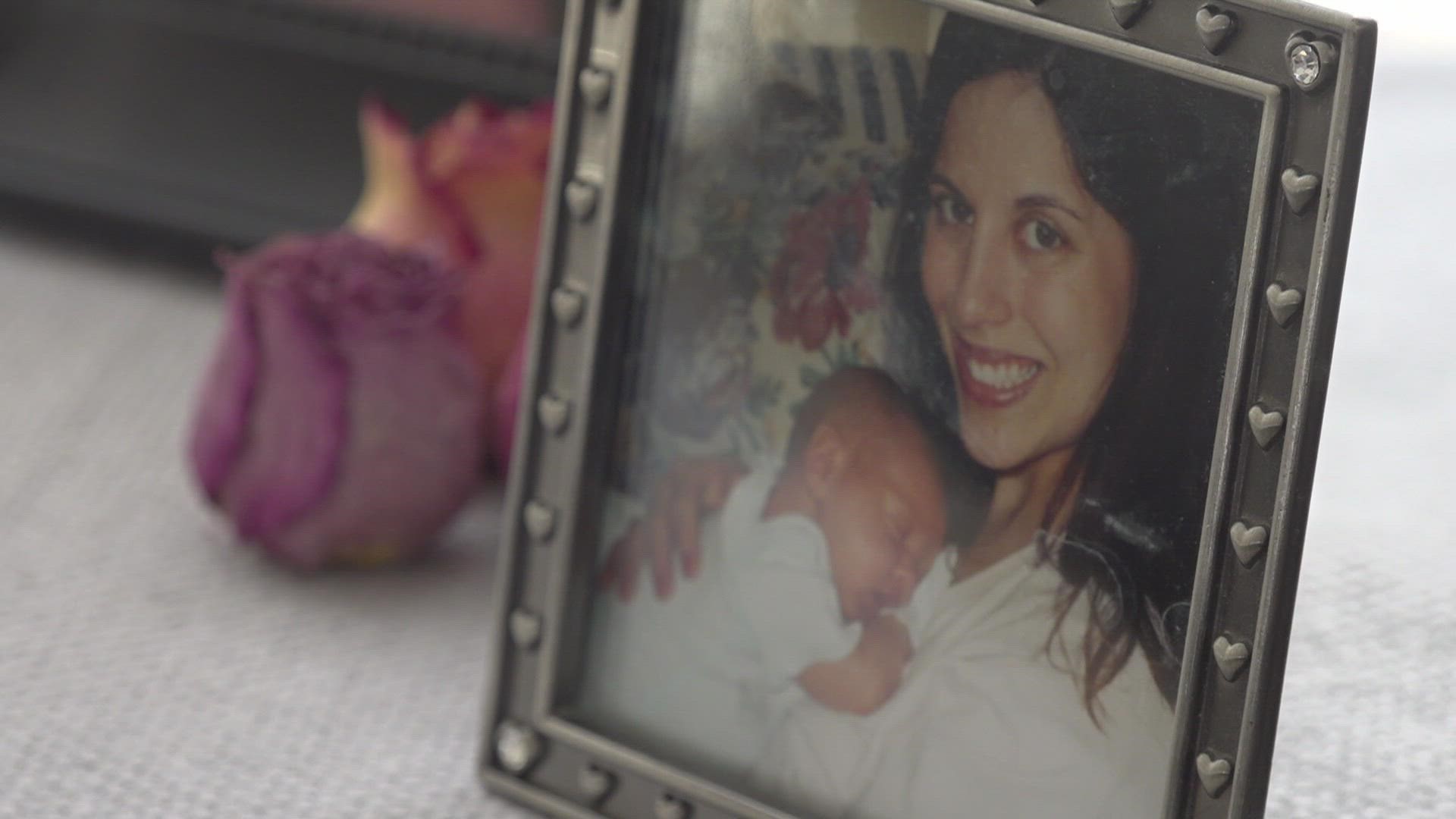THORNTON, Colo. — A lawsuit filed on behalf of eight families across the country, including one in Colorado, accuses the social messaging app Snapchat of facilitating the sale of deadly fentanyl-laced pills.
The suit, filed Jan. 3 in California, alleges that "Snap’s products have encouraged, enabled, and facilitated the illegal and deadly drug sales of counterfeit pills containing lethal doses of fentanyl to minors and young adults."
Those features include Snapchat's disappearing messages, "My Eyes Only" and "Snap Map" features, the lawsuit says.
The lawsuit was filed by the Social Media Victims Law Center on behalf of the families of eight teenagers and young adults who, the suit says, died after taking fentanyl-laced pills purchased from drug dealers connected to them by Snapchat. One of those victims was Max Osterman of Thornton, who was 18 when he died in February 2021.
>Read more from the Denver Gazette: Broomfield mom whose son died of fentanyl-involved overdose becomes self-made detective
The lawsuit says Osterman died of fentanyl poisoning after taking a pill sold to him by a Snapchat dealer. It details Osterman's use of Snapchat and says that "Snap also then began connecting drug dealers to Max via its public profile settings, user recommendation algorithm, and mapping and location features."
"These are common tools utilized by Snapchat dealers to find teens, and that is precisely what happened to Max while he was still in high school," the lawsuit says.
The lawsuit says on Jan. 31, 2021, Osterman bought what he believed to be Percocet from a Snapchat dealer. Osterman died Feb. 3 after taking a pill that dealer sold to him, which contained lethal amounts of fentanyl, the lawsuit says.
"This is someone Max did not know outside of Snapchat, and with whom he would not have connected but for Snapchat," the lawsuit says.
Max's mother, Kimberly, said she did everything she could to keep her son off Snapchat, but nothing worked.
"I would take his phone away, I would delete Snapchat, I would put it on my phone, I would change the password," she said. "He'd find a way around it. It's their way of communicating, and that's OK if it's a safe platform. It's not a safe platform."
The lawsuit also says that as of July 7, 2022, the dealer appeared to still have a Snapchat account. Snapchat said when they identify drug dealers on the platform, they ban their accounts and take steps to block them from creating new ones.
"Snap’s product is specifically designed to attract both children and illicit adult activity," the lawsuit says. "Its foundational product feature is disappearing messages, which draws in both minors interested in evading parental oversight and drug dealers interested in engaging with vulnerable minors without detection."
Snap, Inc. released the following statement in response to the lawsuit:
"The trafficking of fake prescription pills containing fentanyl is an urgent national crisis. We are devastated that these counterfeit drugs have taken the lives of so many people, and our hearts go out to families who have suffered unimaginable losses. We are committed to bringing every resource to bear to help fight this national crisis, both on Snapchat and across the tech industry overall.
“While we can’t comment specifically on active litigation, we can share all the progress we have made in this area. We use cutting-edge technology to proactively find and shut down drug dealers’ accounts, and we block search results for drug-related terms, instead redirecting Snapchatters to resources from experts about the dangers of fentanyl. We have also expanded our support for law enforcement investigations, promoted in-app educational videos warning about the dangers of counterfeit pills that have been viewed over 260 million times on Snapchat, and are partnering with the Ad Council, non-profit organizations, and other platforms on an unprecedented national public awareness campaign that launched in October.”
Snap said since last fall, they have seen a decline in community-reported content related to drug sales. They said in September 2021, more than 23% of drug-related reports from Snapchatters contained content specifically related to sales. As of last month, they said, that number was at 3.3%.
They said they also partner with Meta, which owns Facebook and Instagram, to share signals of illicit drug-related content and activity.
SUGGESTED VIDEOS: Fentanyl in Colorado

